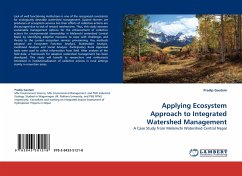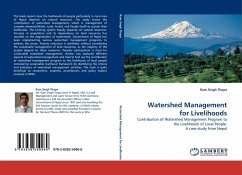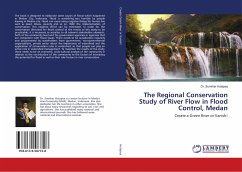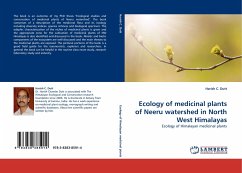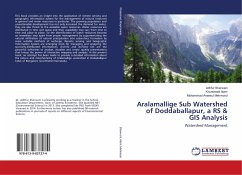Lack of well functioning institutions is one of the recognized constraints for ecologically desirable watershed management. Upland farmers are producers of ecosystem services but their efforts of collective actions are discouraged due to lack of reward mechanisms. Thus, this study assesses sustainable management options for the enhancement of collective actions for environmental stewardship in Melamchi watershed Central Nepal by identifying adaptive measures to cope with challenges and threats to the current ecosystem services provisioning. Key methods adopted are Ecosystem Function Analysis, Stakeholder Analysis, Livelihood Analysis and Social Analysis. Participatory Rural Appraisal tools were used to collect information from field. After analysis of the field data, a framework for adaptive watershed management has been developed. This study will benefit to researchers and enthusiasts interested in institutionalization of collective actions in rural settings mainly in mountain areas.
Bitte wählen Sie Ihr Anliegen aus.
Rechnungen
Retourenschein anfordern
Bestellstatus
Storno

